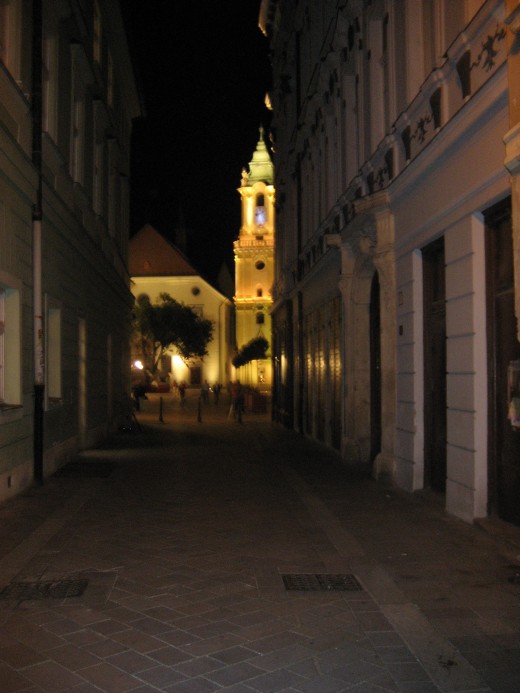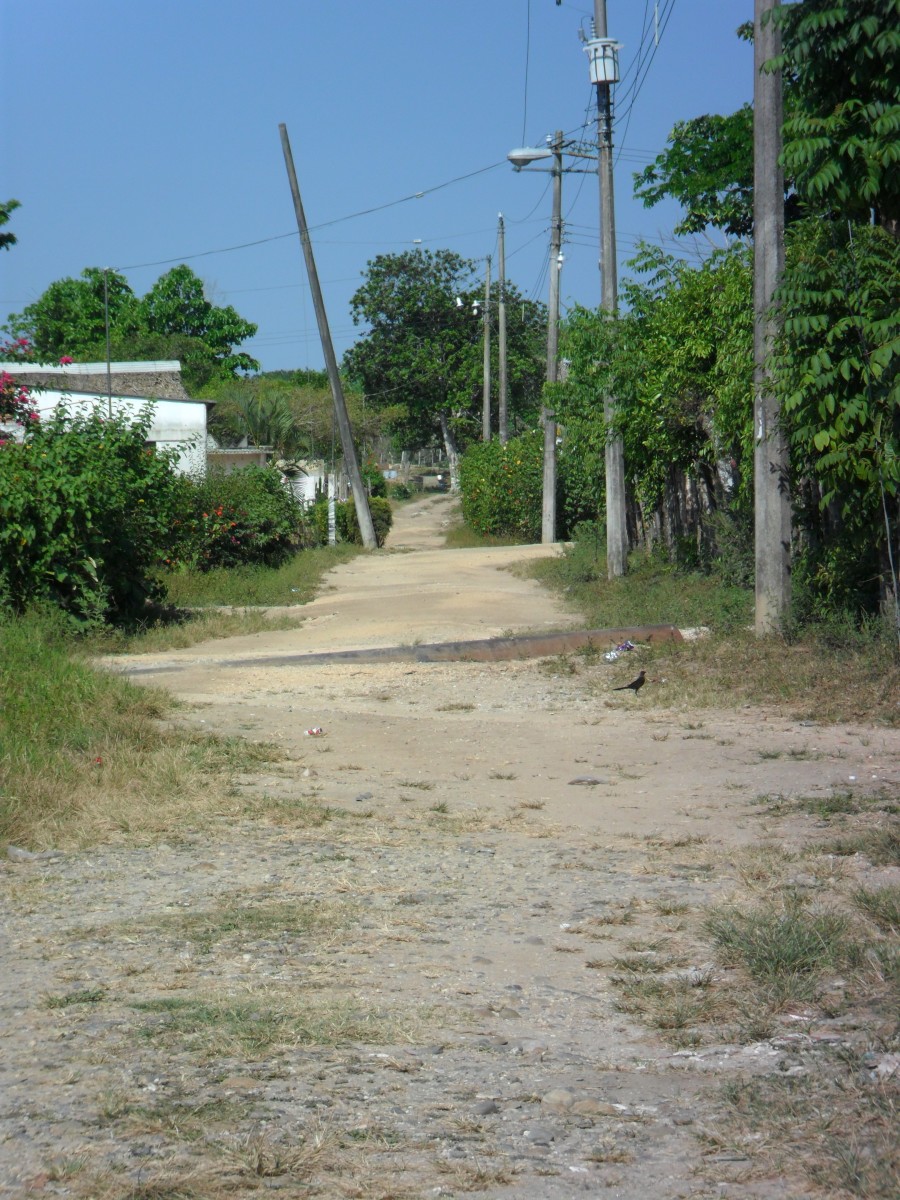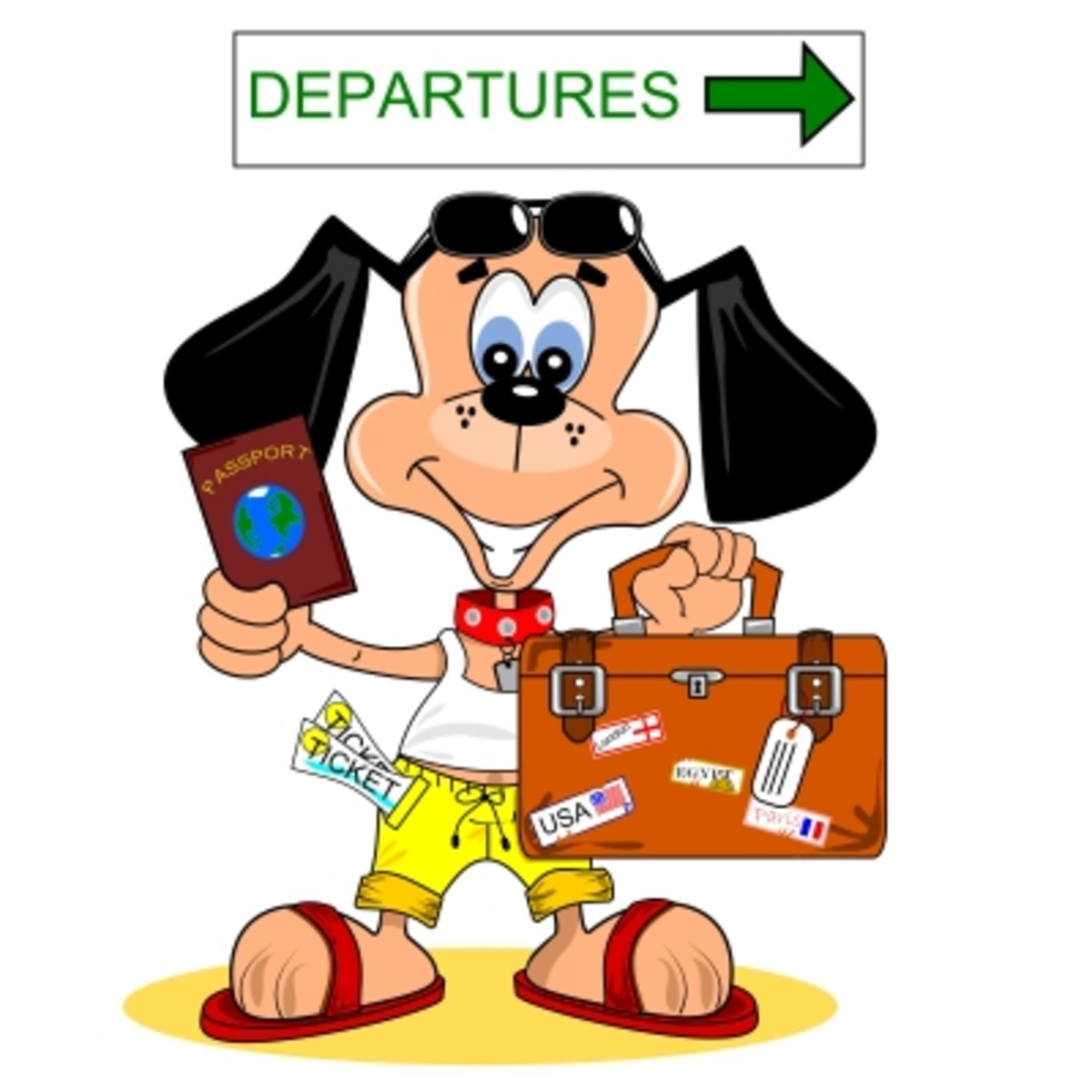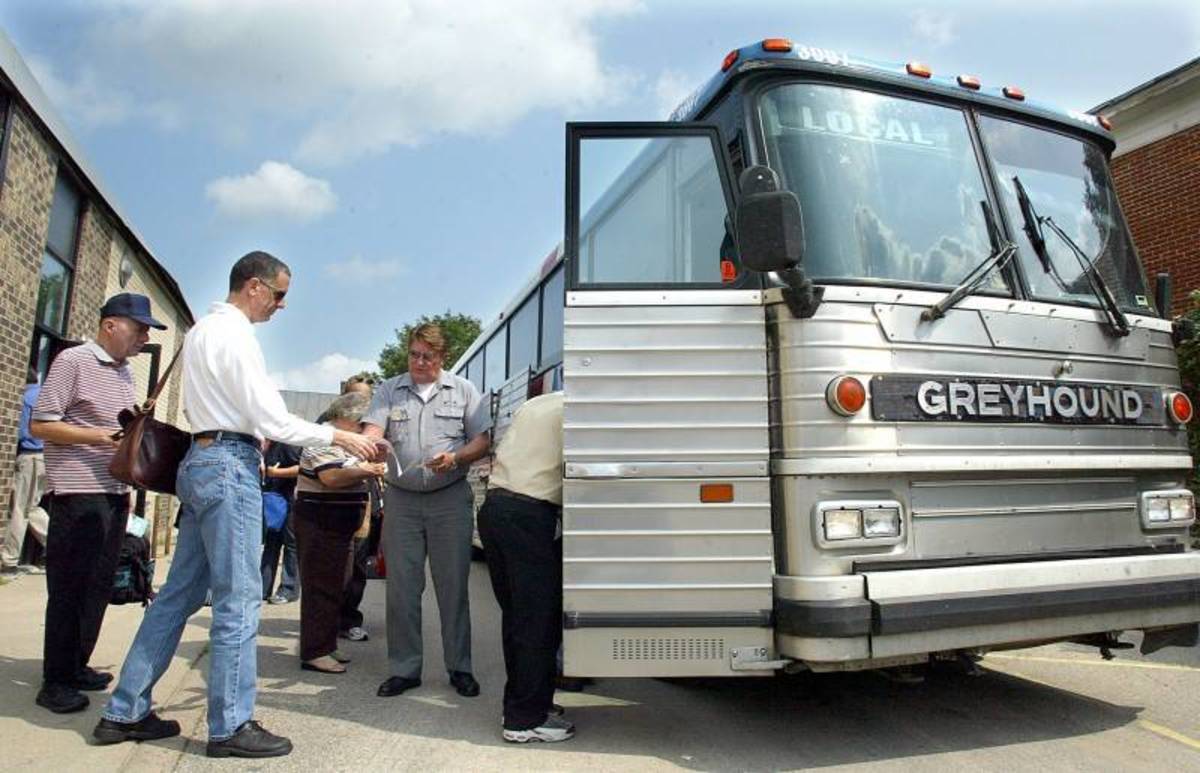Preparing For Foreign Travel

Thinking Of Going Abroad?
Many Americans never travel outside of the United States. This might well be because we have such a large country with so much variation in climate and culture.
Other people, in other countries, travel abroad more. However, many people find themselves in the position of wanting to go to another country for the first time. How do you get ready for this experience and reduce the inevitable travel stress?
Check Your Passport
If you have never done any foreign travel, you may well not have a passport. If you do not, then you need to apply for one well in advance.
Routine passport processing in the United States usually takes six to eight weeks. You can get an expedited passport faster, but this is incredibly expensive and best avoided. In the United Kingdom, first time applicants can also expect to wait about six weeks for their passport, and are not able to have it expedited. (Renewals are generally processed faster).
In both countries, you will need to apply for your passport in person. The United Kingdom also has an interview process for first time applicants. You will also be responsible for providing your own passport photos. Passports are also fairly expensive.
If you already have a passport, bear in mind that most countries will refuse entry to somebody who's passport expires within a certain period of time, most often six months. Renewing slightly early is generally possible.
Do You Need A Visa?
The answer is 'Maybe'.
Thirty-six countries participate in the visa waiver program, and citizens of these countries do not require a visa for stays of 90 days or less in other countries in the program..
These countries are: Andorra, Australia, Austria, Belgium, Brunei, Czech Republic, Denmark, Estonia, Finland, France, Germany, Greece, Hungary, Iceland, Ireland, Italy, Japan, Latvia, Liechtenstein, Lithuania, Luxembourg, Malta, Monaco, the Netherlands, New Zealand, Norway, Portugal, San Marino, Singapore, Slovakia, Slovenia, South Korea, Spain, Sweden, Switzerland, the United Kingdom and the United States of America.
For most other countries you will need a visa. Requirements are highly variable and you should check with the embassy of the country you are visiting. If you're booking a cruise or a package tour, then the company may facilitate any required visas - check with them. Some countries do not require visas for tourists who are traveling with a guide.
Travel Guides
Health Considerations
If you are traveling between North America and Europe, then there generally aren't any concerns.
For more exotic destinations, however, you probably want to schedule an appointment with your doctor a couple of months before the trip. Even visitors to Mexico should make sure they are vaccinated against Hepatitis A and typhoid. If you are traveling to a country or region where there is a malaria risk, your doctor may recommend malaria prophylaxis.
Many tropical countries require proof of vaccination against yellow fever for entry. Again, check with your health professional.
Wherever you are traveling, be sure to take painkillers and antidiarrheal drugs, both of which can be hard to find in some areas. If you are planning on going to sea, then take your preferred motion sickness remedy, especially if it isn't dramamine. Cold remedies can also be difficult to find in some countries, and expensive.
Before you go, research whether you can and should drink the tap water. Tap water is generally potable in the United States, Canada, the United Kingdom and some other European countries. Many European countries, however, including France, do not purify their tap water to potable levels. Tap water should not be drunk anywhere in the tropics. In China, water should be boiled. If in doubt, drink bottled water and do not accept a drink with ice.
You should also be careful with street vendors. Food from street vendors is the most common cause of the "Mexican Two Step." (Some people are considerably more prone to this than others).
Language
You can often get by with English in most of Europe. English is also practically a second language in Mediterranean countries that are used to British tourists. In major, cosmopolitan cities worldwide, you should be able to find somebody who can speak English.
However, if you go at all off the beaten track, then this can become an issue very quickly. I would also recommend learning at least a few phrases of the local language - people are often quite pleased if you can at least manage 'Please' and 'Thank you' in their own language. Taking a phrasebook is also useful.
In all countries, I recommend making up a menu translator. This is a card that simply lists common food items in the country's language and English. It's nice to know that you aren't about to accidentally consume horse, dog, cat, or anything else that people in your country, or of your religion, don't eat. It's easier to pull out a small card than a phrasebook and often the best restaurants are the ones without menus in English.
Customs and Dress Codes
Well before your trip, research the customs of the country you are going to, particularly regarding dress. If your itinerary includes a visit to a religious building, you may have to deal with specific clothing requirements. Some major tourist destinations will provide what is needed. For example, synagogues in Europe often require that men don a hat before entering and may provide hats for those who did not bring their own. If visiting the Hagia Sophia, women should wear trousers or skirts, but there are wrap skirts available.
In some countries, there may be differences in acceptable dress from what you are used to. For example, in Britain and the U.S. it is perfectly fine to walk into a casual dining restaurant in jeans and a t-shirt. If you do that in France, you will discover why the French are legendary for bad service - in France it is completely unacceptable not to dress up for dinner. In predominantly Muslim countries it is a good idea for women to wear a headscarf.
Learning local quirks can also be helpful. In France, you do not wait for the maitre d'hote to greet you. The customer is supposed to speak first. In Greece, serving food too quickly is considered an insult to the customer and if you empty your plate they will try to ply you with more food, as they clearly didn't give you enough. In much of Eastern Europe, a man who does not hold the door for his wife will get some seriously askance looks. A good guidebook will help you navigate these various mazes.

Food and Drink
Part of the fun of travel is sampling other people's cuisine.
Be careful, as stated before, with food from street vendors. Sometimes it's been sitting out too long. Stomach problems can also be caused by food your body is not used to. Some people seem to be immune to these problems, others get them at the drop of a hat.
Research your destination a little before you go, so you are prepared for local culinary oddities. Many Americans, for example, are surprised to find that an authentic English breakfast includes steamed tomatoes, fried mushrooms, and baked beans. If that doesn't appeal to you, it's best to say something to the proprietor, or you might get served all of that. Or, worse, black pudding, which is not a dessert.
In the Greek islands, whole fish is always served just that way. Whole. If you are one of those people who loses your appetite if presented with a fish with the head on, say something to the waiter when you are ordering. They will cheerfully remove the head for you, but only if asked.
It's also handy to know, for example, if the local beef sucks and you are better off ordering lamb or chicken.
If you are on the younger side, check local drinking laws...21 in the United States, 18 in England, but lower in some European countries.
Food prices can also be wonky. You may find beef dishes are a lot more than you expect and lamb a lot less, or vice versa. One of my experiences in the Czech Republic was that soda and water were hideously expensive and beer ridiculously cheap.
Jet Lag
Jet lag can ruin your trip if you aren't careful. Your body does not like traveling across several timezones at once. Some people seem able to shake it off, others are miserable.
However, there are a few things you can do to reduce the effect if jet lag is part of your trip.
1. Don't plan anything important for the first day, especially if you are taking the red-eye. Plan to relax and settle in and, if necessary, add another day to the trip to compensate for it.
2. When you get on the plane, immediately set your watch for the destination time. This helps you mentally adjust to the time it 'really' is.
3. Resist the temptation to go crash as soon as you get there when traveling east. Instead, stay up until an appropriate time for the timezone. Sure, you'll be tired, but you'll get on schedule faster.
Crime And Safety
Some places you might travel might be safer than where you are coming from. Others, not so much.
If you are traveling to a big city, then expect high crime rates and take precautions. Rural areas generally have fewer problems.
Take a photocopy of the important pages of your passport and of any visas. Keep these copies in your hotel safe and keep the original with you (in some countries, foreigners can indeed be asked to show their papers at any time). With the copies, keep the phone number of your consulate. If your passport is stolen, this documentation will help get everything straightened out.
Don't carry any more cash than you have to. If you are going somewhere reasonably civilized, you may even be able to use your ATM card. If you have a Visa or Mastercard, then consider buying as much as possible on the card then paying it off immediately. (Americans be warned: Very few places overseas take Discover). Before leaving on your trip, call your bank and your credit card company and tell them where you are going and for how long. They will put a flag on your account that will prevent your card from being blocked due to 'fraud'. By the way, it is a myth that you can no longer use American credit cards in the U.K., which is apparently being perpetrated by providers of preloaded chip and pin cards at a premium price. It is not true, although some staff members may not know how to scan a magnetic strip card. Also, your credit card may not work in automated ticket machines...make sure to have enough cash to cover a rail ticket or that the station you are getting on at is manned.
Carry passports and documents in an inside pocket or around your neck, not in a handbag or purse. Leave anything you don't need to carry in the hotel safe. Leave anything you don't need for the trip at home, such as extra credit cards, business/corporate bank cards and large quantities of home country currency.
Generally, don't take expensive jewelry on foreign trips. It is easily stolen and highlights that you are wealthy to any thieves that might be around. If you need to for any reason, again, keep it in the hotel safe.
Dress in a similar manner to the locals if at all possible. That way you will not stand out as a tourist from a distance.
Customs
Before leaving, check your home country's limits for what you can bring back into the country. Generally, these are pretty generous.
For Americans - U.S. customs have become notorious for confiscating electronic devices. Don't take anything you don't need for the trip - several people have been arrested because they were unable to prove all of the songs on their MP3 player were legally obtained. If you need your laptop, strip all files off it that you don't intend to use and consider getting a dropbox/cloud account that you can access through a cybercafe. Remove MP3s from your cell phone.
Check prohibited items. Do not bring unprocessed food home with you. Cooked food such as candy is not a problem. Fresh fruit, fresh meat and fresh dairy will be confiscated and you may be fined. Weapons of any kind should also be avoided.
Some countries, including the United States, will ask if you have been on a farm or ranch or in contact with livestock. Please do not lie on this question, as they are trying to reduce the risk of diseases such as foot and mouth spreading. As somebody who has ridden in other countries multiple times, I can vouch for the fact that the only thing they will do is spray your footwear with a strong disinfectant (that won't harm leather). British customs do not do this. Iceland has extremely strict quarantine rules - don't take riding gear unless you actually plan on riding and then it should be disinfected, with a five day period between the last use of the gear at home and the first in Iceland. I have heard that they sometimes force people to have stuff disinfected at port of entry...and charge them for it. Iceland also does not allow used leather riding boots, used leather tack, or used bits to be brought into the country. I recommend disinfecting boots and laundering riding clothing any time you plan on traveling to a different country or region to ride.








